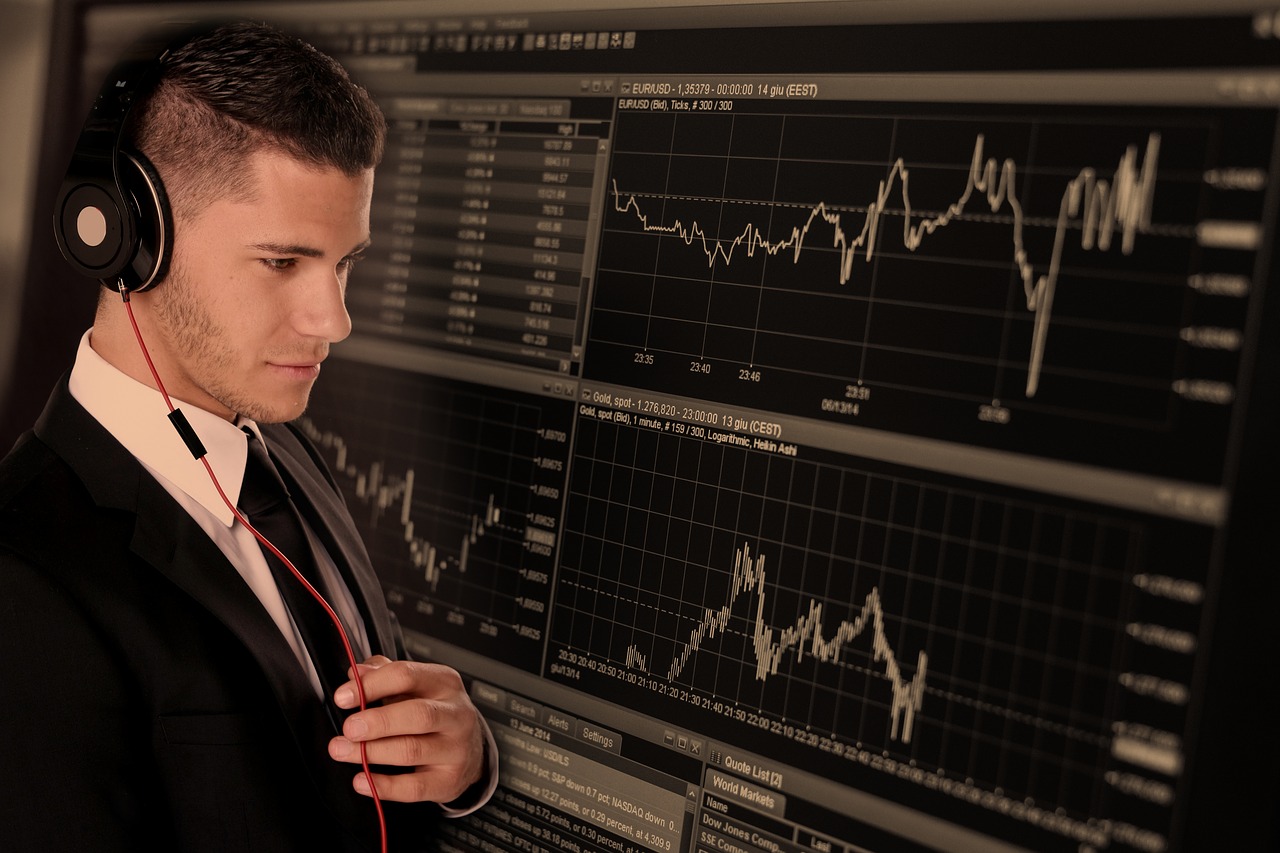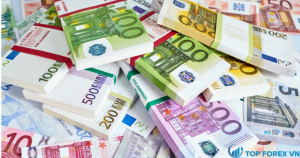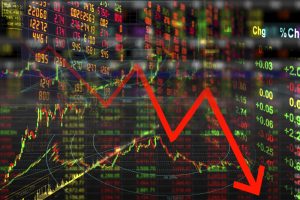
Asia-Pacific Shares Fall with Consumer Confidence
On Wednesday, Asia markets were in a decline with shares in Hong Kong leading losses after the negative lead taken by Wall Street. Official surveys showed that there was a decline in consumer confidence in both South Korean and Japanese markets.
Fall in indexes
There was a 1.88% fall in the Hang Seng index in Hong Kong, which closed at 21,996.89 and there was also a 3.27% drop in the Hang Seng Tech index. The shares of Alibaba listed in Hong Kong also fell by 3.05% and a 2.31% drop in Meituan was also seen.
The Kospi index in South Korea also fell by 1.82%, which saw it reach 2,377.99, while a 0.93% fall in the Kosdaq brought it to 726.35. There was a decline in the consumer sentiment index in South Korea, which was recorded at 96.4 for the month of June. According to the survey of the Bank of Korea, this was a drop of 6.2 points from May.
There was also a 0.91% decline in the Japanese Nikkei 225 index which brought it to 26,804.6 and a 0.72% fall in the Topix, which brought it to 1,893.57. There was a 3.6% rise in retail sales in Japan in the month of May, as opposed to a year earlier. According to government data, this was the third straight month of growth.
Consumer confidence in Japan also fell in June to 32.1, when it had stood at 34.1 back in May. There was a 0.94% fall in the Australian S&P/ASX 200 index, which closed at 6,700.2. A 0.9% rise in retail sales in Australia was seen in May, as opposed to April. They had increased at the same pace in April from March. A 1.56% decline in the MSCI index of Asia-Pacific shares was also recorded.
Singapore bucked the trend
The only index to buck the falling trend in the region was the Singaporean STI, which rose about 0.21% in its final hour of trading. This came after Lawrence Wong, the Deputy Prime Minister, announced that they would be strengthening the country’s ‘social compact’.
Markets have responded positively to talks of social compact because one of its components of higher productivity had given a boost to Singaporean stocks in the last two years.
Fears of recession
Market analysts said that there would be volatility in the market until there is a certainty that an economic recession can be avoided. They said that there would undoubtedly be more downside, even if a recession is not imminent.
This is because there will still be a significant slowdown in global economic growth, as well as in Asia and this will take a toll on company profits. The market bottoming is expected to happen somewhere in September or October. There will be a downside further in the next three to four months.
The odds of a soft landing are quite low because the US Federal Reserve is hiking the interest rates very aggressively, with the economy already being quite weak. Economic data in the US was also disappointing, which saw stocks give up the early gains they had recorded.









































